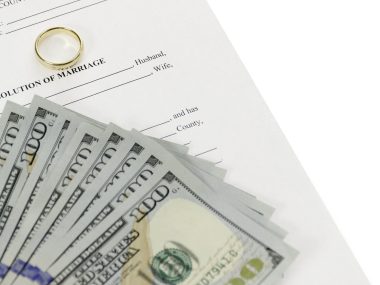
Especially if you and your spouse are getting a divorce later on in life, you may be concerned with the fate of your retirement assets. An important asset that will have to be distributed accordingly is your Social Security benefits. Read on to discover if you will receive your former spouse’s Social Security benefits after your divorce and how one of the seasoned New York City division of assets attorneys at Zimmet Law Group, P.C., can guide you through this.
What retirement assets may be divided in my divorce?
At an older age, you and your former spouse will be concerned about how your retirement assets may be divided more than that of a younger couple. Aside from your Social Security benefits, below are some other retirement assets that may be up for grabs:
- Your and your former spouse’s individual retirement accounts (IRAs).
- Your and your former spouse’s 401ks and/or other pension plans.
- Your and your former spouse’s life insurance policies.
Will I receive my former spouse’s Social Security benefits after our divorce?
Put simply, just because you get a divorce does not mean that you have to miss out on the Social Security benefits that you and your former spouse worked so hard to build up. With that being said, you may be eligible to still receive your former spouse’s benefits after your divorce if any or all of the following are true:
- You and your former spouse were in a more than 10-year marriage.
- You are older than 62 years of age and require to start payment collection.
- You have not remarried.
- You have lesser benefits than that of your former spouse.
If the above is true, it is important to note that you may be eligible to receive your former spouse’s benefits after your divorce even under the following circumstances:
- Your former spouse is younger than 62 years of age and has not requested to start payment collection.
- Your former spouse decided to remarry.
- Your former spouse has passed away.
How does the Social Security Administration determine Social Security benefits after a divorce?
Notably, the Social Security Administration (SSA) will ensure that you do not receive any more or any less Social Security benefits than what you are entitled to after your divorce. So, they will evaluate the following to determine your benefits:
- The SSA will evaluate your and your former spouse’s work history.
- The SSA will evaluate whether you can earn more with or without your former spouse’s benefits.
- The SSA will distribute your personal benefits first, and then distribute the difference from your spouse’s benefits.
We understand that working with the SSA can seem difficult. This is why you should not go through this alone. Instead, you should hire one of the competent Manhattan divorce attorneys today.


